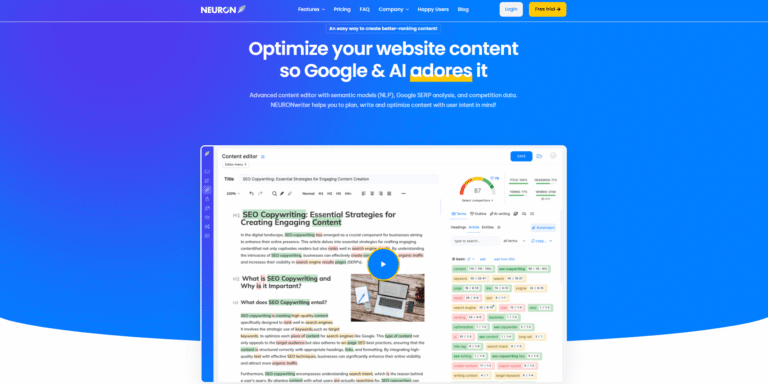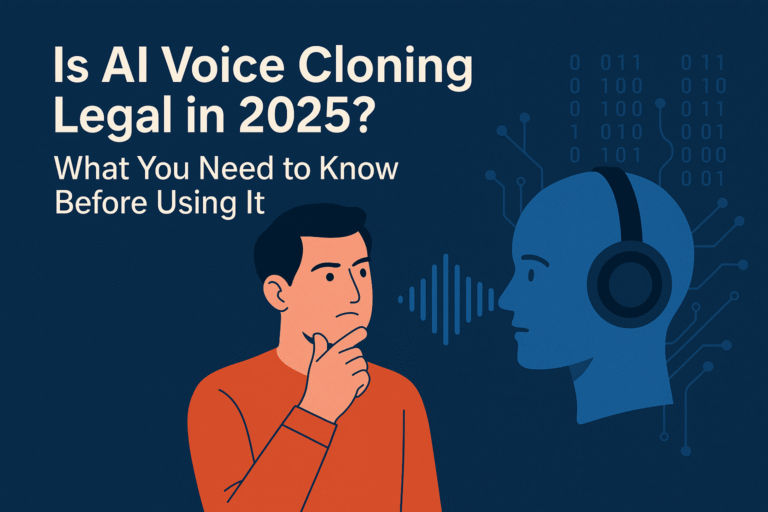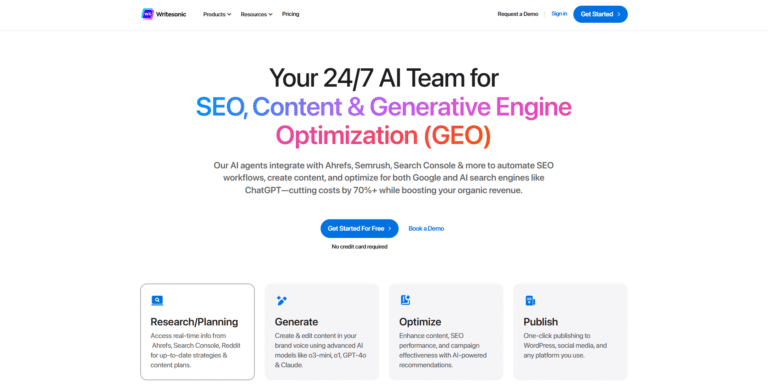Ultimate Beginner’s Guide to AI Voice Cloning: What It Is & How to Use It Ethically.
In the rapidly evolving world of artificial intelligence, AI Voice cloning has emerged as one of the most fascinating — and controversial — tools. From creating lifelike voiceovers to resurrecting the voices of historical figures, the technology has powerful implications. But with great power comes great responsibility.
In this guide, we’ll break down what AI voice cloning is, how it works, what you can do with it, and most importantly, how to use it ethically.
What Is AI Voice Cloning?
AI voice cloning is the process of using machine learning to replicate a person’s voice. Unlike traditional text-to-speech (TTS) systems that rely on generic robotic voices, voice cloning can mimic a specific individual’s tone, accent, inflection, and speech patterns — making the result sound highly human-like.
With just a few minutes of audio, modern tools like ElevenLabs, Descript, and iSpeech can create a digital replica of someone’s voice.
How Does AI Voice Generation Work?
Voice cloning is made possible by deep learning models, specifically neural networks trained on speech data. Here’s a simplified breakdown:
- Voice Collection: The AI listens to sample recordings (usually 30 seconds to a few minutes).
- Model Training: It analyzes vocal features like pitch, timbre, cadence, and emotion.
- Voice Synthesis: You can then type out a script, and the AI “speaks” it in the cloned voice.
The more voice data it has, the more accurate and expressive the clone becomes.
Popular Use Cases
AI voice cloning is transforming industries in many practical ways:
- Content Creation: YouTubers and podcasters generate high-quality narration without expensive studio setups.
- Education: Teachers and course creators generate multilingual voiceovers from one source.
- Gaming: Game developers create voice lines at scale for NPCs and immersive storytelling.
- Customer Service: Companies personalize automated responses with real voices.
- Film & Media: Voice cloning helps with dubbing or recreating voices of actors posthumously.
Ethical Concerns: Read Before You Clone
While the technology is impressive, it raises serious ethical and legal concerns.
Consent Is Key
Never clone someone’s voice without their explicit, informed consent. Doing so could violate privacy, intellectual property, and impersonation laws — and may result in legal consequences.
Deepfake Risks
Voice cloning can be used for malicious purposes like fake phone scams, misinformation, and identity theft. Misusing someone’s voice to deceive others is not only unethical — it’s potentially criminal.
Use Cases That Respect Boundaries
Use your own voice or obtain clear permission from collaborators or clients. Educational, entertainment, and accessibility use cases tend to be safer and more widely accepted.
Best Voice Cloning Tools for Beginners (2025)
| Tool | Free Tier | Best For | Website |
|---|---|---|---|
| ElevenLabs | Yes | Realistic voice cloning and emotion | elevenlabs.io |
| Murf AI | Yes | Business narration and presentations | murf.ai |
| Speechify | Yes | Simple voiceovers and text-to-speech | speechify.com |
| Play.ht | Yes | Real-time voice generation and APIs | play.ht |
| Lovo.ai | Yes | Voiceovers for video and ads | lovo.ai |
Pro Tip: Start with ElevenLabs if you’re new — it’s beginner-friendly and produces high-quality results.
If you’re looking for in-depth reviews of these tools, click here.
Final Thoughts: Clone with Caution, Create with Purpose
AI voice generation opens up incredible possibilities for creators, educators, and developers — but it’s not a toy. Used ethically, it can save time, reduce production costs, and expand accessibility. Abused, it can undermine trust, violate rights, and lead to legal trouble.
So experiment wisely. If you wouldn’t want your voice cloned without permission, don’t do it to someone else.




